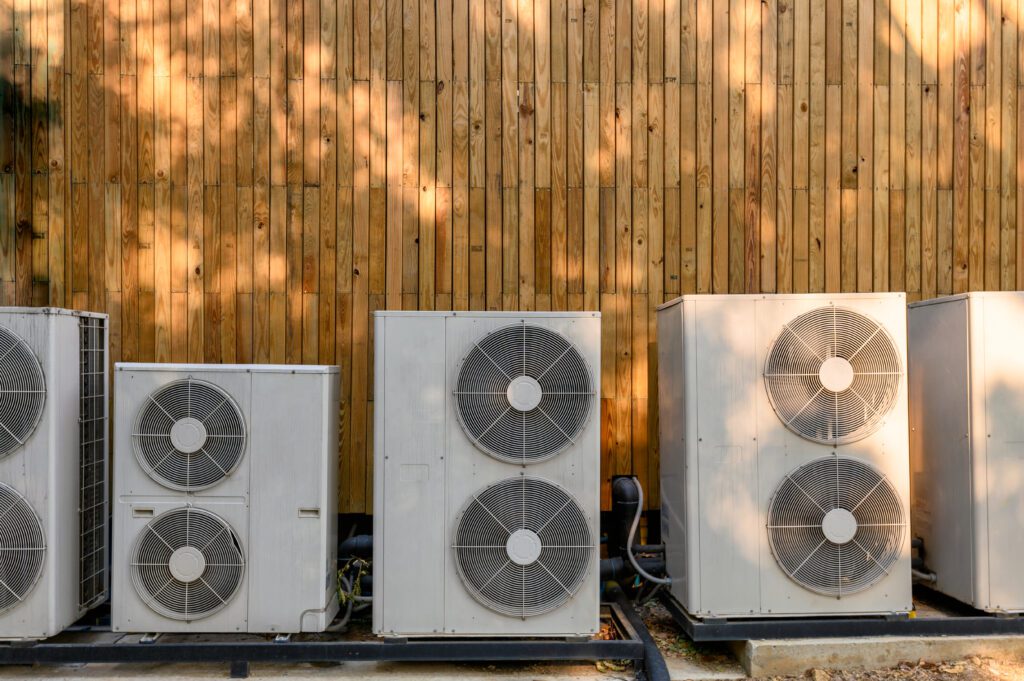If you’ve noticed some strange noises coming from your HVAC system, it’s important to address the issue promptly. Ignoring these sounds could lead to further damage and potentially costly repairs. In this article, we will discuss the steps you can take to understand and resolve the noises coming from your HVAC system.
Understanding Your HVAC System
Before we delve into the different types of noises and their meanings, let’s first understand the basic components of an HVAC system. Your HVAC system comprises three main components: the furnace, the air conditioner, and the ductwork.
The furnace is responsible for heating your home during the colder months, while the air conditioner cools your home during the warmer months. The ductwork serves as a pathway for air to flow throughout your home, ensuring that it reaches every room.
Now, let’s take a closer look at how your HVAC system works to maintain a comfortable indoor environment throughout the year.
Basic Components of an HVAC System
The furnace, as mentioned earlier, is a vital component of your HVAC system. It consists of a burner, heat exchanger, blower, and controls. The burner is responsible for creating the heat, which is then transferred to the heat exchanger. The blower then circulates the heated air throughout your home via the ductwork. The controls regulate the temperature and operation of the furnace.
But what exactly happens inside the furnace? When the burner ignites, it produces a controlled flame that heats up the heat exchanger. The heat exchanger, made of metal, absorbs the heat and transfers it to the air passing through it. As the blower starts running, it pushes the heated air into the ductwork, where it travels to different rooms in your home. This process ensures that each room receives the desired amount of warmth, creating a cozy and comfortable environment.
How Your HVAC System Works
Your HVAC system works by using the principles of heat transfer and refrigeration. During the heating cycle, the furnace burns fuel (gas or oil) to produce heat. This heat is then transferred to the air, which is blown into your home through the ductwork. On the other hand, during the cooling cycle, the air conditioner uses a refrigerant to absorb heat from inside your home and release it outside, resulting in a cooler indoor temperature.
Let’s dive deeper into the cooling cycle. The air conditioner contains a compressor, condenser, expansion valve, and evaporator coil. The compressor plays a crucial role by compressing the refrigerant, which increases its temperature and pressure. As the high-pressure refrigerant flows into the condenser, it releases heat to the outside air, causing the refrigerant to condense into a liquid. The liquid refrigerant then passes through the expansion valve, where it undergoes a pressure drop, resulting in a decrease in temperature. This cold refrigerant then enters the evaporator coil, where it absorbs heat from the indoor air, cooling it down. Finally, the cooled air is blown back into your home through the ductwork, providing a refreshing escape from the summer heat.
Now that we have a better understanding of the components and operation of an HVAC system, let’s explore the common noises that you may encounter and what they mean.
Common Noises from HVAC Systems and What They Mean
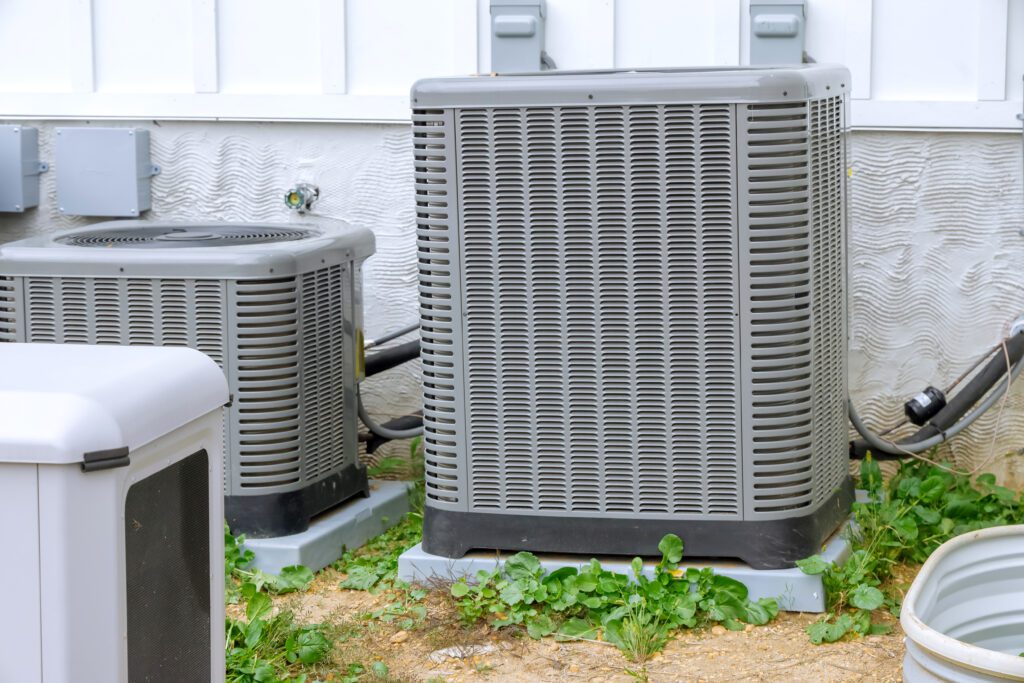
When it comes to your HVAC system, being attuned to the sounds it makes can help you identify potential issues before they escalate into major problems. Understanding the different noises and their meanings can empower you to take proactive steps in maintaining your system’s efficiency and longevity.
Humming or Buzzing Sounds
If you hear a humming or buzzing sound coming from your HVAC system, it could indicate a problem with the electrical components. Faulty wiring, loose connections, or a failing motor may be the cause. It is essential to turn off the power to your system and call a professional HVAC technician to diagnose and fix the issue.
Rattling or Clanking Noises
Rattling or clanking noises often suggest loose or broken components within the system. Loose screws, fan blades, or motor mounts could be the culprits. Additionally, debris or dirt buildup in the ductwork can cause these noises. Inspection and tightening of loose components, as well as clearing any debris, should be carried out by a professional technician.
Whistling or Hissing Sounds
Whistling or hissing sounds typically indicate a problem with the airflow in your system. It could be due to a clogged air filter, obstructed vents, or a leak in the ductwork. Checking and replacing the air filter regularly, ensuring all vents are clear, and sealing any ductwork leaks are essential preventive measures. If the issue persists, it is advisable to seek professional help.
Regular maintenance of your HVAC system is crucial in preventing these noises and ensuring optimal performance. Scheduling annual inspections and tune-ups can help identify and address potential issues early on, saving you from costly repairs down the line. Additionally, keeping the area around your HVAC unit clean and free from obstructions can promote proper airflow and reduce the likelihood of unusual sounds.
Immediate Steps to Take When Your HVAC Makes Strange Noises
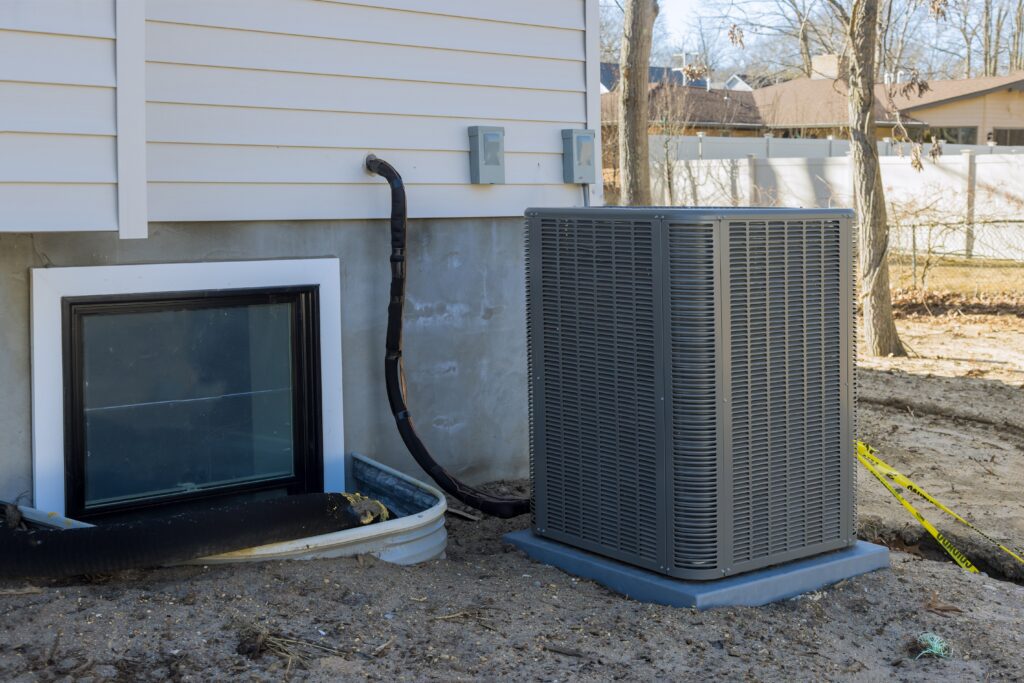
Safety Precautions to Consider
When you notice unusual noises from your HVAC system, it’s important to prioritize safety. Start by turning off the system and cutting the power to prevent any potential hazards. Additionally, ensure that you’re wearing appropriate protective gear, such as gloves and safety glasses, when inspecting or handling any components.
Furthermore, before proceeding with any troubleshooting steps, make sure to familiarize yourself with the layout of your HVAC system. Understanding the different components and their functions can help you navigate the inspection process more effectively and potentially identify the source of the noise quicker.
Identifying the Source of the Noise
Once you’ve taken the necessary safety precautions, it’s time to identify the source of the noise. Start by visually inspecting your HVAC system to check for any loose or damaged parts. Pay close attention to the furnace, air conditioner, and ductwork. Look for any signs of wear and tear, such as rust, corrosion, or frayed wires.
If you’re unable to determine the cause of the noise through visual inspection, consider listening carefully to pinpoint the exact location of the sound. Is it coming from the vents, the outdoor unit, or the indoor furnace? This information can be valuable for the HVAC technician when you decide to contact them for further assistance.
When to Call a Professional
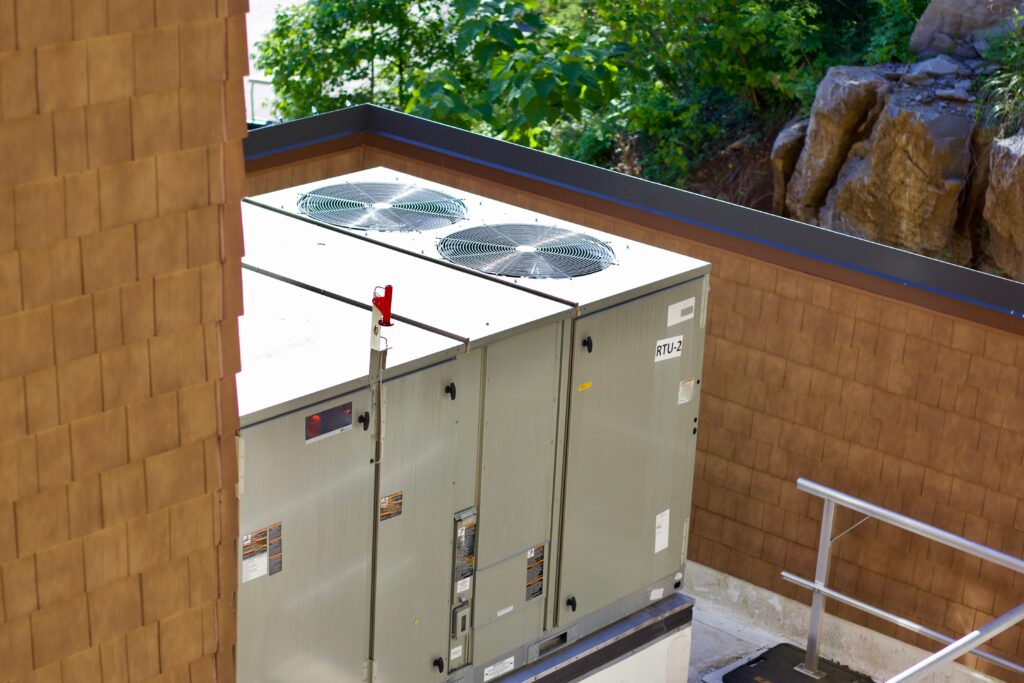
Signs Your HVAC System Needs Professional Attention
While some HVAC issues can be resolved by homeowners, it’s crucial to recognize when it’s time to seek professional help. Signs that your HVAC system requires expert attention include persistent strange noises, frequent cycling on and off, drastic temperature fluctuations, and a significant increase in energy consumption.
Ignoring these signs can lead to further damage to your HVAC system, potentially resulting in costly repairs or even premature system failure. Professional HVAC technicians have the expertise to diagnose and address these issues effectively, ensuring the optimal performance and longevity of your system.
Choosing the Right HVAC Technician
When selecting an HVAC technician to address your system’s issues, it’s essential to consider their qualifications, experience, and customer reviews. Look for certifications such as NATE (North American Technician Excellence) and ensure that the technician is licensed and insured. Additionally, obtaining quotes from multiple technicians can help you compare prices and make an informed decision.
Furthermore, it’s beneficial to inquire about the technician’s familiarity with your specific HVAC system brand and model. A technician with experience working on similar systems is more likely to diagnose and resolve issues efficiently. Additionally, ask about the technician’s availability for emergency repairs, as HVAC problems can arise unexpectedly and require immediate attention.
Preventive Measures to Avoid Strange Noises
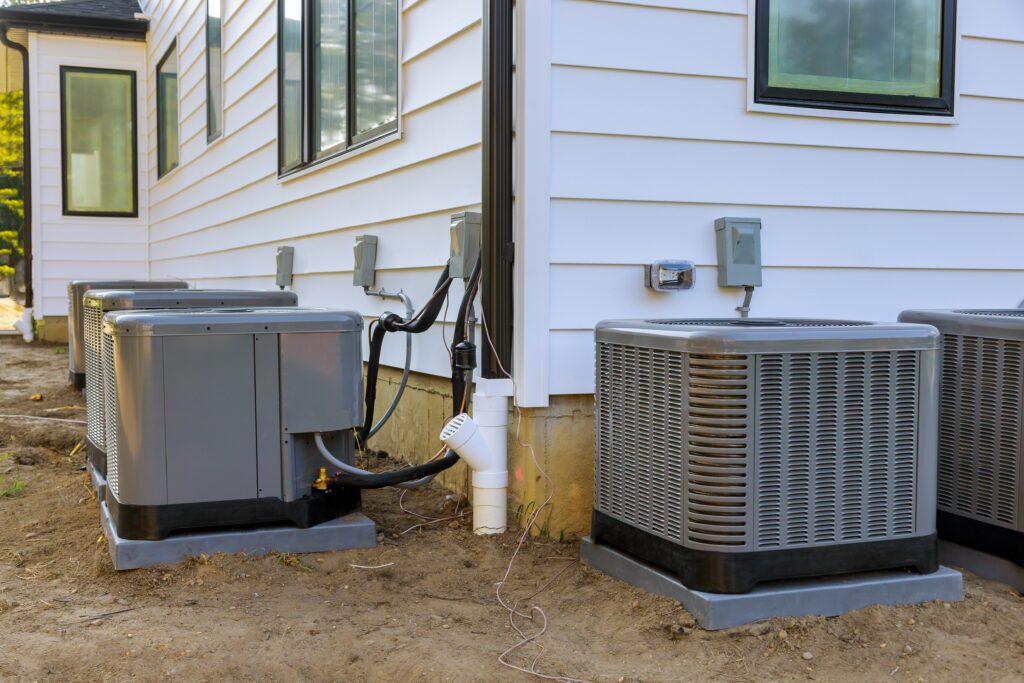
Regular Maintenance of Your HVAC System
Maintaining your HVAC system regularly is key to preventing strange noises and prolonging its lifespan. Schedule annual maintenance inspections with a professional technician who can clean, lubricate, and inspect all components. Additionally, changing the air filter regularly and ensuring proper airflow can help preserve the efficiency and soundness of your system.
Regular maintenance not only prevents strange noises but also enhances the overall performance of your HVAC system. It helps in identifying potential issues early on, allowing for timely repairs and avoiding costly breakdowns. A well-maintained system operates more efficiently, leading to lower energy bills and a reduced carbon footprint.
Tips for Keeping Your HVAC System Noise-Free
There are several steps you can take to keep your HVAC system running smoothly and noise-free. Avoid placing objects near the air vents or obstructing the airflow. Keep the area around your outdoor unit clear of debris and vegetation. Lastly, educate yourself about the sounds your system makes during normal operation, as this can help you identify any unusual noises more effectively.
Ensuring proper insulation around ductwork and sealing any air leaks can also contribute to a quieter HVAC system. Properly insulated ducts prevent vibrations and reduce noise transmission throughout your home. Additionally, investing in sound-absorbing materials or installing sound baffles near the unit can further dampen any operational noise.
By understanding your HVAC system, recognizing the sounds it makes, taking immediate steps when hearing strange noises, and implementing preventive measures, you can ensure a comfortable and noise-free indoor environment. Remember, if you’re unsure about any aspect of your system or the noises it produces, it’s always best to consult a professional HVAC technician for expert advice and assistance.

